The ancient land of Phoenicia, nestled along the Mediterranean coast in what is now modern-day Lebanon, remains one of history's most fascinating civilizations. Known for their seafaring prowess, trade networks, and the creation of the Phoenician alphabet, this culture laid the groundwork for many aspects of the modern world. Their influence extended far beyond their coastal cities, shaping the course of Mediterranean history and leaving an indelible mark on language, commerce, and maritime exploration.
The Origins and Geography of Phoenicia
The Phoenicians inhabited a narrow strip of land between the sea and the mountains, a region that today corresponds to Lebanon and parts of Syria and Israel. Their cities, including Tyre, Sidon, and Byblos, were strategically positioned to dominate maritime trade routes. Unlike the vast empires of Egypt or Mesopotamia, the Phoenicians were not a unified kingdom but rather a collection of independent city-states, each with its own ruler and governance. This decentralized structure allowed them to adapt quickly to changing political and economic conditions.
The rugged terrain of Lebanon forced the Phoenicians to look outward, toward the sea, for resources and opportunities. The famed cedar forests of Mount Lebanon provided the timber needed for their sturdy ships, which became the backbone of their economy. These ships carried goods such as dyed textiles, glassware, and precious metals across the Mediterranean, establishing trade networks that reached as far as Spain and North Africa.
The Phoenician Alphabet: A Legacy of Communication
Perhaps the most enduring contribution of the Phoenicians was their development of a phonetic alphabet. Unlike the complex hieroglyphics of Egypt or the cuneiform script of Mesopotamia, the Phoenician alphabet consisted of 22 simple characters representing consonant sounds. This innovation made writing more accessible and efficient, paving the way for the Greek and Latin alphabets that followed.
The spread of the Phoenician alphabet was closely tied to their trade networks. As merchants traveled across the Mediterranean, they brought their writing system with them, influencing neighboring cultures. The Greeks adapted the Phoenician alphabet, adding vowels to create their own script, which in turn became the foundation for many modern European languages. The impact of this linguistic revolution cannot be overstated—it democratized literacy and facilitated the exchange of ideas across cultures.
Commerce and the Purple Dye Monopoly
The Phoenicians were master traders, and their economy thrived on the exchange of luxury goods. One of their most famous exports was Tyrian purple, a vibrant dye extracted from the murex shellfish. Producing this dye was a labor-intensive process, requiring thousands of shellfish to yield even a small amount of pigment. As a result, purple became synonymous with wealth and royalty, coveted by elites across the ancient world.
The Phoenicians guarded the secrets of purple dye production closely, maintaining a near-monopoly on its trade. This lucrative industry brought immense wealth to cities like Tyre and Sidon, allowing them to flourish even as larger empires rose and fell around them. Their commercial acumen extended beyond dyes; they were also renowned for their glassmaking, metalwork, and finely crafted textiles.
Seafaring and Exploration
The Phoenicians were among the greatest sailors of antiquity, venturing far beyond the familiar shores of the Mediterranean. According to ancient sources, they may have circumnavigated Africa long before the Europeans achieved this feat. Their voyages took them to the Atlantic coasts of Europe and Africa, where they established trading posts and colonies. The most famous of these was Carthage, in modern-day Tunisia, which would later become a major power in its own right.
Their ships, constructed from Lebanese cedar, were designed for both trade and warfare. The bireme, a type of galley with two rows of oars, became a hallmark of Phoenician naval technology. These vessels allowed them to dominate sea routes and protect their commercial interests from rivals. The Phoenicians' intimate knowledge of winds, currents, and coastal landmarks made them indispensable as navigators and pilots for other civilizations, including the Egyptians and Persians.
Religion and Cultural Practices
Phoenician religion was polytheistic, with each city-state venerating its own patron deity alongside a shared pantheon. Baal, the storm god, and Astarte, the goddess of fertility and war, were among the most widely worshipped. Temples and sanctuaries dotted the landscape, serving as centers of worship and community life. Rituals often included offerings, processions, and, in some cases, controversial practices such as child sacrifice, as suggested by archaeological evidence from Carthage.
The Phoenicians were also skilled artisans, producing intricate ivory carvings, jewelry, and sculptures that blended Egyptian, Mesopotamian, and Aegean influences. Their artistic style was both distinctive and cosmopolitan, reflecting their role as cultural intermediaries. Despite their achievements, much of Phoenician literature and history has been lost, leaving modern scholars to piece together their story from external accounts and archaeological finds.
The Decline and Legacy of Phoenicia
The heyday of the Phoenician city-states began to wane in the first millennium BCE, as they faced pressure from successive empires, including the Assyrians, Babylonians, and Persians. The rise of Alexander the Great marked a turning point; his siege and destruction of Tyre in 332 BCE signaled the end of Phoenician independence. Yet, even as their political power faded, their cultural and economic influence endured through their colonies, particularly Carthage, which would challenge Rome in the Punic Wars.
Today, the legacy of the Phoenicians lives on in Lebanon's coastal cities, where ancient ruins stand alongside modern developments. Their alphabet remains the foundation of Western writing systems, and their spirit of exploration and enterprise continues to inspire. The Phoenicians may have vanished as a distinct civilization, but their contributions to trade, communication, and maritime history ensure that they are remembered as one of the ancient world's most innovative and influential peoples.

By Grace Cox/Apr 28, 2025
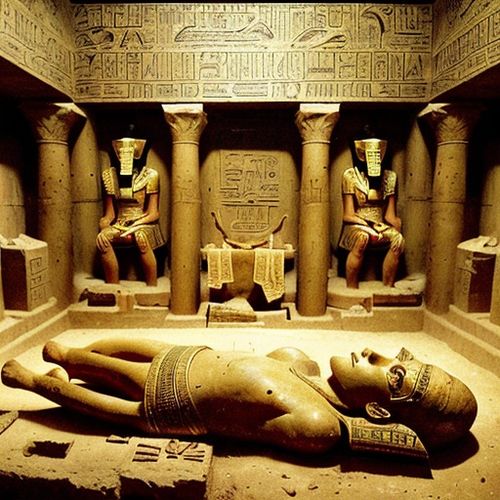
By Emma Thompson/Apr 28, 2025
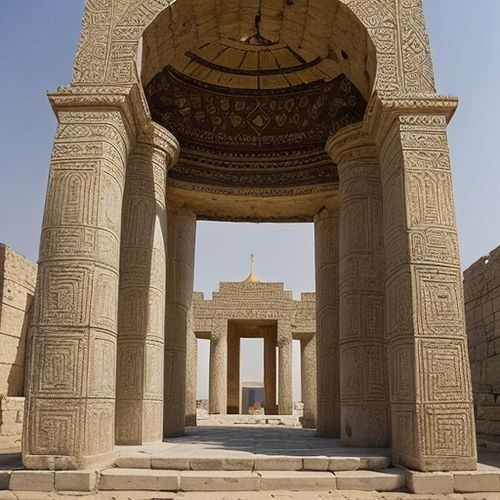
By Christopher Harris/Apr 28, 2025
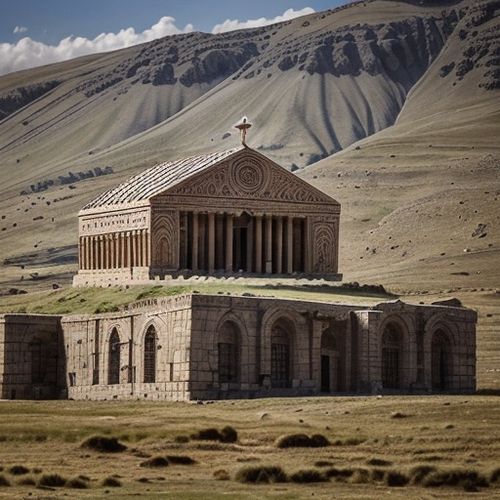
By Lily Simpson/Apr 28, 2025

By Olivia Reed/Apr 28, 2025
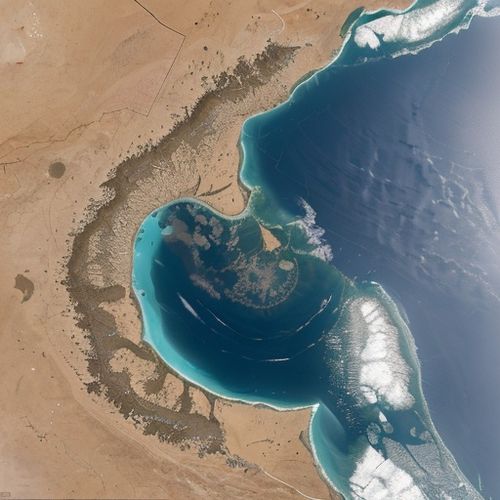
By Christopher Harris/Apr 28, 2025

By Amanda Phillips/Apr 28, 2025

By Daniel Scott/Apr 28, 2025

By Jessica Lee/Apr 28, 2025
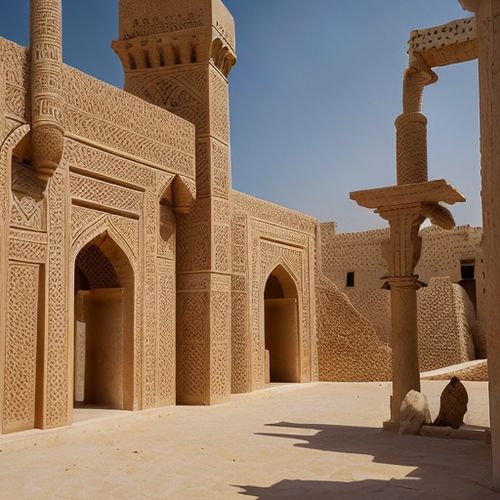
By James Moore/Apr 28, 2025

By Grace Cox/Apr 28, 2025
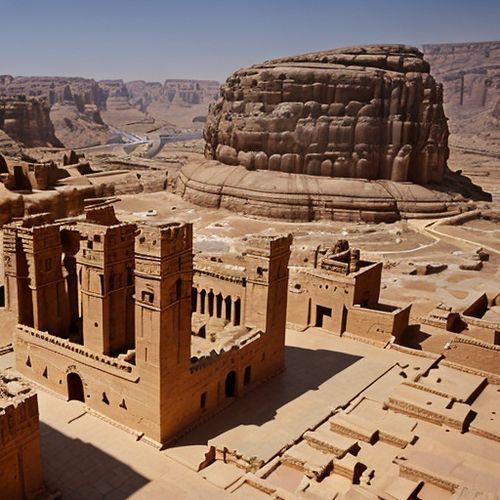
By Emily Johnson/Apr 28, 2025
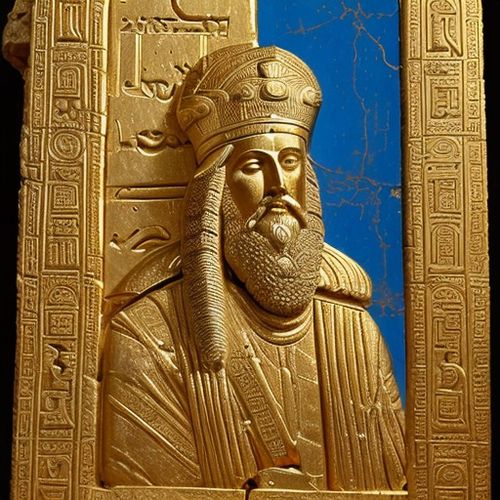
By Thomas Roberts/Apr 28, 2025

By Amanda Phillips/Apr 28, 2025

By Daniel Scott/Apr 28, 2025

By William Miller/Apr 28, 2025
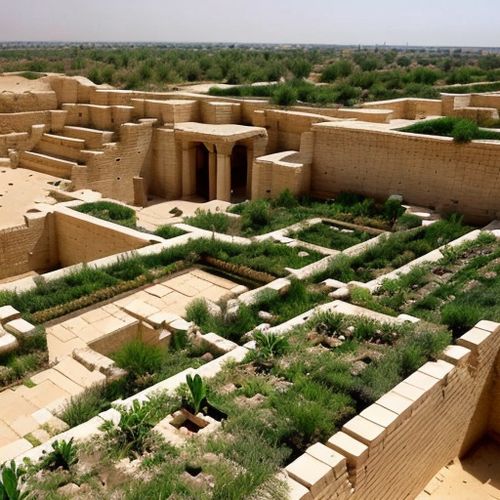
By Joshua Howard/Apr 28, 2025
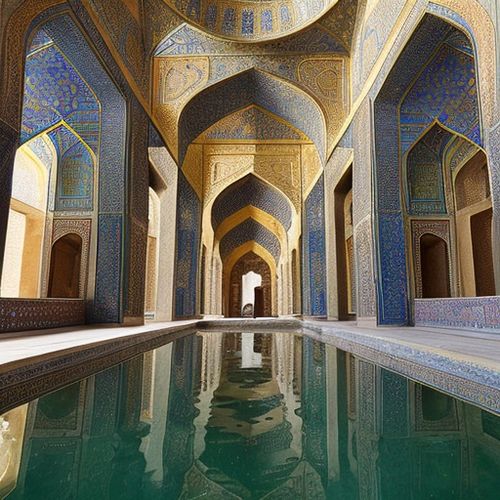
By Amanda Phillips/Apr 28, 2025
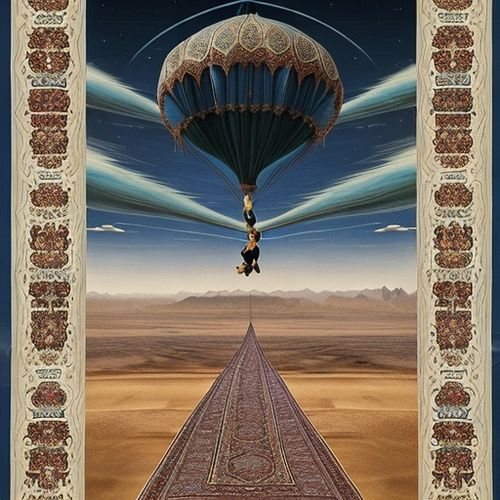
By Natalie Campbell/Apr 28, 2025
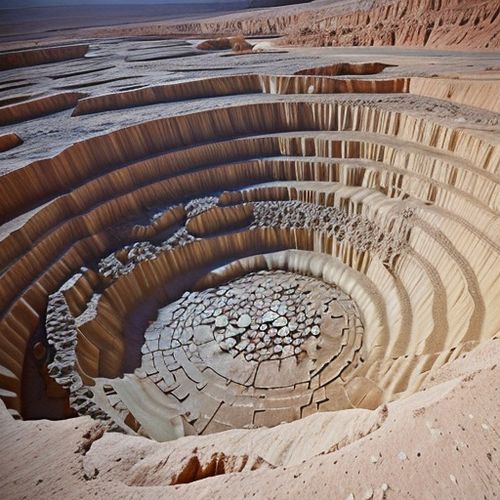
By Natalie Campbell/Apr 28, 2025